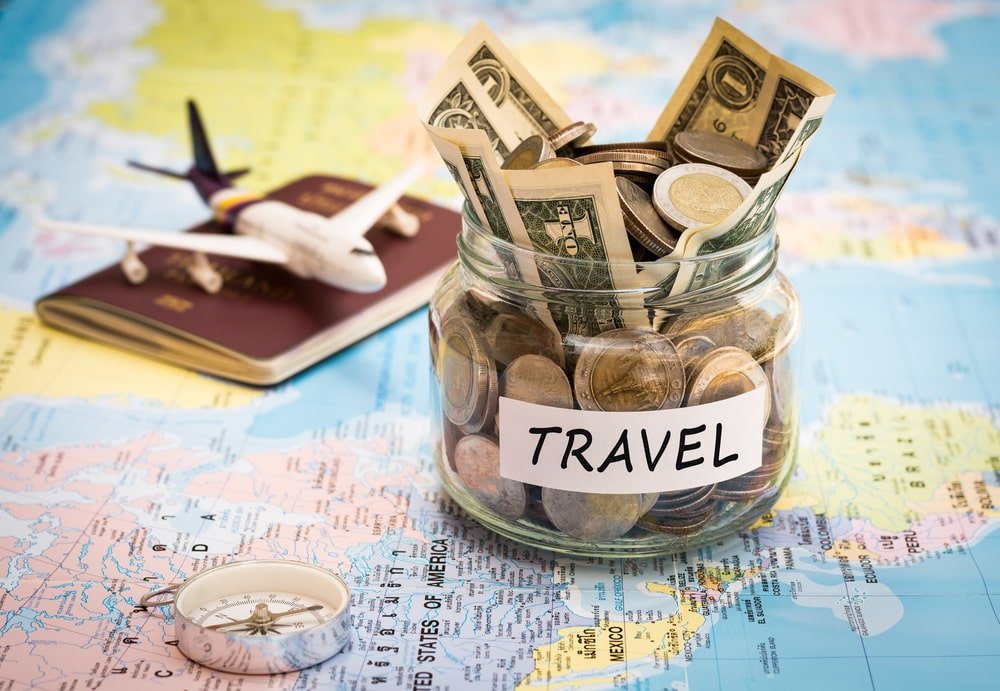Traveling doesn’t have to break the bank. With a little planning and some strategic decisions, you can explore new destinations, experience different cultures, and make lasting memories without spending a fortune. Whether you’re a student, a family on a tight budget, or simply a savvy traveler looking to save, these tips and tricks will help you travel on a budget and get the most out of your trips.
1. Plan Ahead and Be Flexible
Book Early: Flight and accommodation prices often rise as the departure date approaches. Booking several months in advance can help you secure better rates.
Travel Off-Peak: Avoid peak travel seasons and holidays to benefit from lower prices on flights and accommodations. Mid-week flights and off-season travel can also result in significant savings.
Be Flexible with Dates: Use fare comparison tools that allow you to search for the cheapest travel dates. Flexibility can help you take advantage of lower prices.
2. Find Affordable Accommodations
Use Budget Accommodation Platforms: Websites like Hostelworld, Airbnb, and Booking.com offer budget-friendly lodging options. Consider staying in hostels, guesthouses, or vacation rentals.
Explore Alternative Stays: Look for house-sitting or exchange programs where you can stay for free in exchange for taking care of someone’s home or pet.

Stay with Locals: Platforms like Couchsurfing connect travelers with locals who offer free accommodation. It’s also a great way to experience a destination from a local’s perspective.
3. Save on Transportation
Compare Flights: Use flight comparison websites like Skyscanner or Google Flights to find the best deals. Look for budget airlines and be mindful of additional fees.
Use Public Transportation: Instead of taxis or rental cars, use local public transportation. Many cities offer travel passes or discount cards for tourists.
Walk or Bike: Exploring a city on foot or by bike not only saves money but also allows you to experience the local culture more intimately.
4. Eat Like a Local
Dine at Local Eateries: Avoid tourist traps and eat where the locals go. Street food and small, family-run restaurants often offer delicious meals at lower prices.
Cook Your Own Meals: If you’re staying in an accommodation with a kitchen, buy groceries and prepare your own meals. This is especially useful for breakfast and snacks.
Use Apps for Deals: Check out apps and websites that offer discounts or specials on dining and activities in your destination.
5. Find Free or Low-Cost Activities
Explore Free Attractions: Many destinations offer free or low-cost attractions such as parks, museums with free entry days, and local festivals.
Take Advantage of City Passes: Some cities offer passes that provide access to multiple attractions at a discounted rate. Research and compare these passes to see if they offer value for your trip.
Enjoy Nature: Hiking, beachcombing, and exploring natural landmarks are often free and provide memorable experiences.
6. Budget for Souvenirs and Extras
Set a Souvenir Budget: Decide on a reasonable amount to spend on souvenirs and stick to it. Consider buying small, locally-made items rather than expensive trinkets.
Avoid Unnecessary Expenses: Be mindful of small, recurring costs like premium Wi-Fi, airport lounges, or overpriced snacks. These can add up over the course of your trip.
7. Use Travel Rewards and Discounts
Leverage Travel Rewards Programs: Sign up for airline and hotel loyalty programs to earn points and redeem them for discounts or free stays.
Look for Travel Discounts: Take advantage of discounts offered through memberships (e.g., AAA), credit card rewards, or special promotions.
Use Cashback Apps: Apps like Rakuten offer cashback on travel bookings and purchases.
8. Travel Light and Smart
Pack Efficiently: Avoid extra baggage fees by packing light and using a carry-on. Plan outfits that can be mixed and matched to reduce the number of clothes you need.
Bring Reusable Items: Carry a reusable water bottle, coffee cup, and shopping bags to avoid buying disposable items and save money.
9. Stay Safe and Healthy
Purchase Travel Insurance: While it might seem like an additional cost, travel insurance can save you money in case of emergencies, trip cancellations, or medical issues.
Health Precautions: Carry a basic first-aid kit and be aware of any vaccinations or health precautions needed for your destination.
Conclusion
Traveling on a budget is entirely possible with careful planning and smart choices. By booking in advance, finding affordable accommodations, and making the most of local resources, you can enjoy a fulfilling travel experience without overspending. Embrace the adventure of budget travel and create unforgettable memories while keeping your finances in check.




